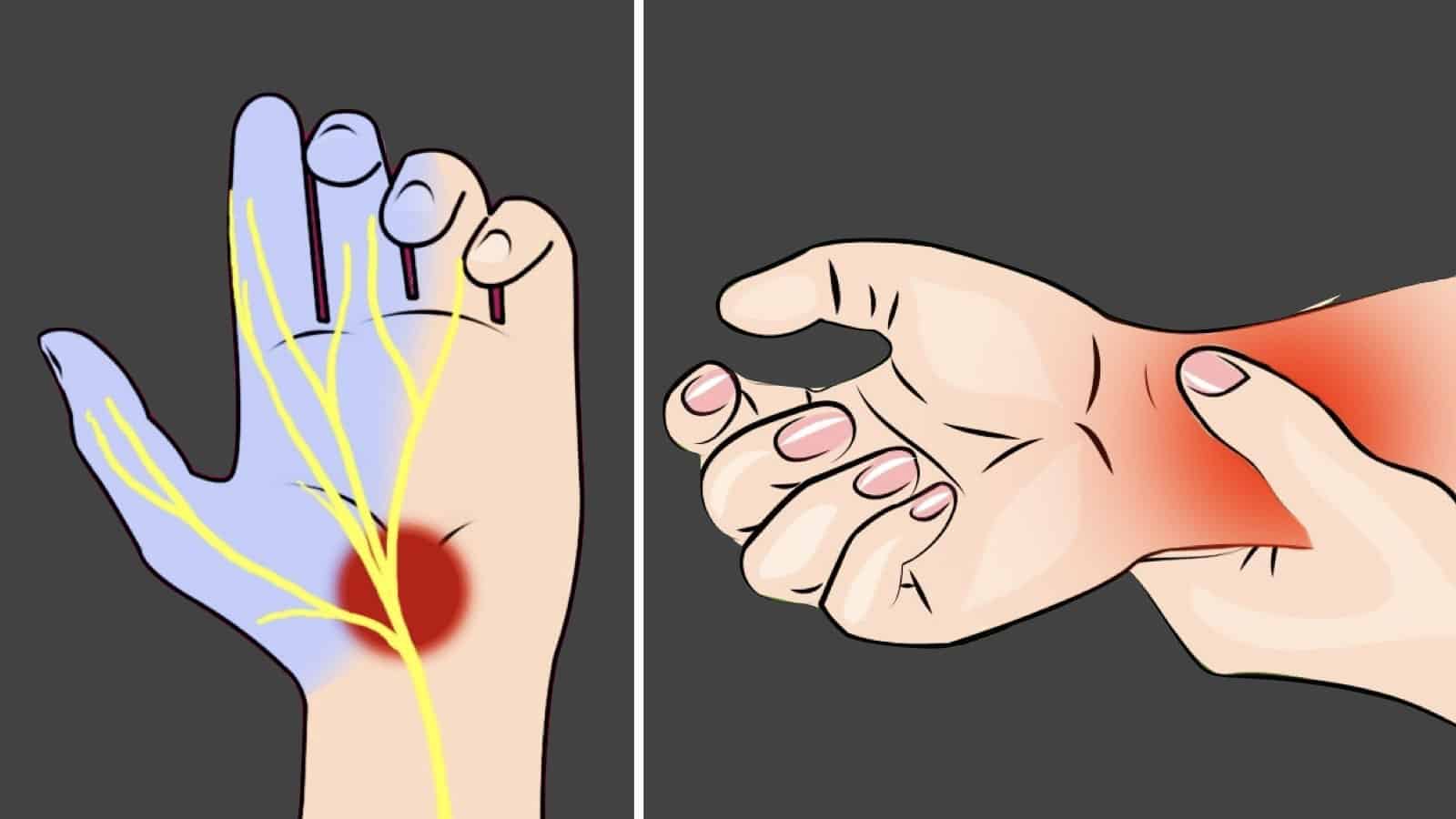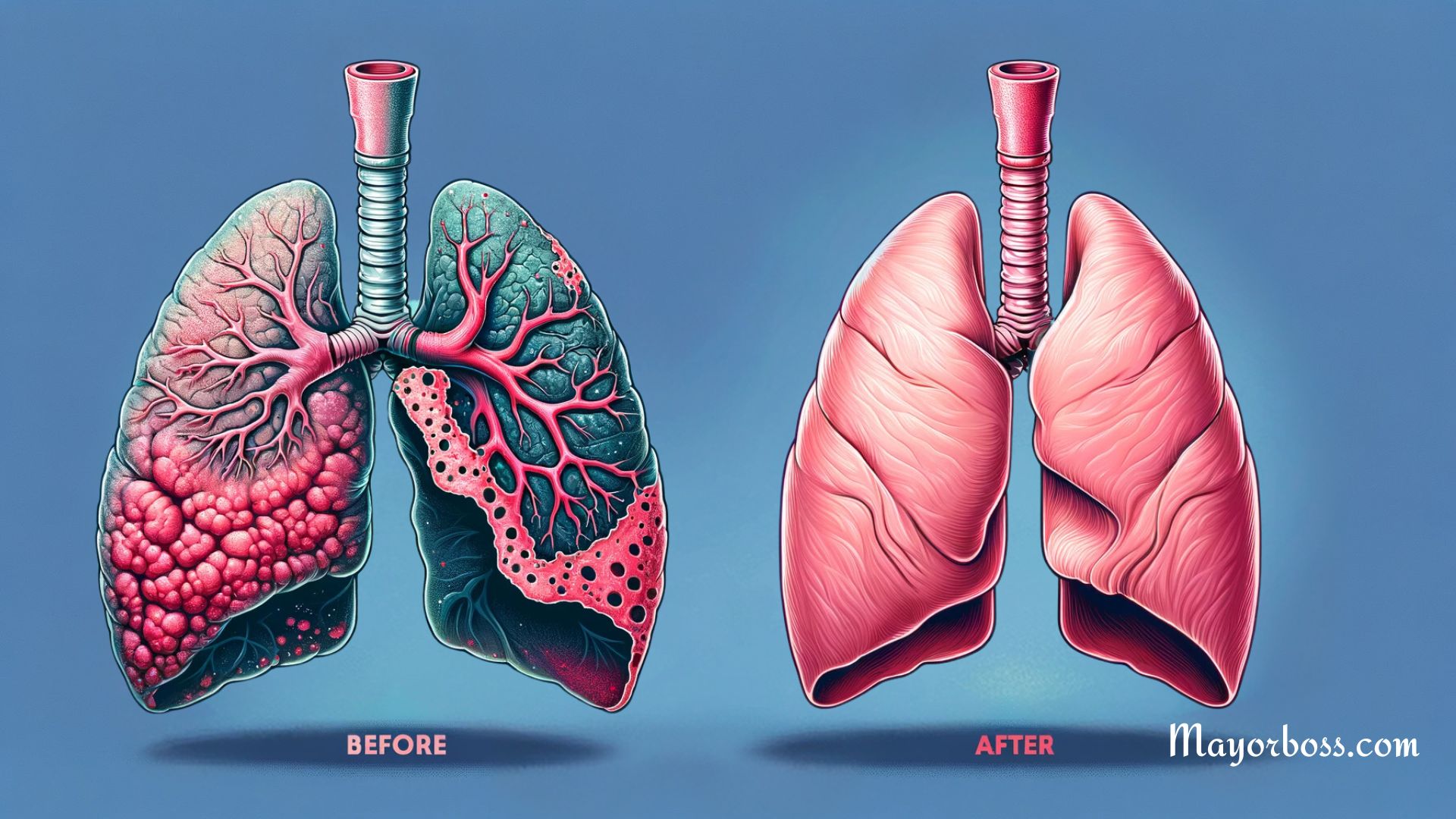Warning Signs That You Are Unhealthy
Staying healthy is all about recognizing the warning signs your body gives you and taking action when needed. By paying attention to these signals, you can catch potential health issues early and maintain your well-being. Continue reading to learn warning signs that might mean you’re not as healthy as you could be. If you see any of these signs, it’s a good idea to talk to a doctor.

1. Always Feeling Tired
If you feel tired all the time, even after a good night’s sleep, it could mean there is a problem. It might be because of anemia, which is when your body doesn’t have enough healthy red blood cells, thyroid issues, which affect your metabolism, or even mental health problems like depression. Feeling constantly tired is a sign that something isn’t right and needs attention. Chronic tiredness can also result from stress or poor nutrition, so it’s important to address the underlying causes.
2. Frequent Headaches
Sometimes headaches are normal, but if you get them a lot, it could mean something more serious. They could be from not drinking enough water, high blood pressure, stress, or even eye problems. If you notice headaches happening often, a doctor can help find out why and how to treat them.
3. Numbness and Tingling
Feeling numbness or tingling in your hands, feet, or other parts of your body could be a sign of nerve issues. This might be caused by poor circulation, diabetes, or a lack of certain vitamins. If you often feel numbness or tingling, it’s important to talk to your doctor.
4. Changes in Your Skin
Your skin can tell you a lot about your health. If it’s dry or flaky, you might not be drinking enough water or getting the right nutrients. Rashes, yellow skin, or bruising that happens easily can be signs of allergies, liver problems, or other health issues. Pay attention if your skin changes, and see a doctor if it continues.
5. Digestive Problems Happen a Lot
Bloating, gas, constipation, or diarrhea that happens often could mean there is something wrong with your digestive system. It could be a common food intolerance, like lactose intolerance, or problems like irritable bowel syndrome (IBS). Your digestive health is very important for your whole body, so don’t ignore these signs.
6. Too Much Hair Loss
Losing some hair every day is normal, but if you are losing a lot, it could mean something is wrong. It could be caused by stress, thyroid problems, or a lack of nutrients. If you notice a lot of hair falling out, you should talk to a doctor, as it could be treated.
8. Bruising Easily
If you notice bruises and don’t remember hurting yourself, it could be because of a lack of vitamins or a problem with blood clotting. Some medicines can also make bruising easier. If you notice this happening, it’s a good idea to see a doctor.
9. Getting Out of Breath Easily
If you get out of breath after just a little activity, it could mean there’s a problem with your heart or lungs. If the problem continues, it’s best to see a doctor. It might also be because of anemia. While it’s easy to think it’s just because you’re out of shape, it’s best to talk to a doctor to make sure there’s no other problem.
10. Mood Swings and Feeling Upset Often
Feeling angry or sad often could mean something isn’t balanced in your body. It might be from hormones, not getting enough nutrients or stress. It could also be caused by depression or anxiety. Talking to a doctor, psychologist, or counselor can help you figure out what’s going on and how to fix it.
11. Trouble Sleeping Every Night
If you have trouble falling asleep or wake up a lot during the night, it can make you feel tired all day and hurt your health. It might be because of stress, anxiety, or problems like sleep apnea. Not getting enough sleep affects many parts of your health, so it’s important to deal with it early.
12. Wounds Heal Slowly
If small cuts take a long time to heal, it could mean your immune system isn’t working well. Slow healing can be caused by diabetes, poor circulation, or not getting enough nutrients. Proper wound healing is important for a healthy body, so if you notice wounds healing slowly, see a doctor.
13. Bad Breath That Doesn’t Go Away
Bad breath usually means there’s an issue with oral hygiene, but if it doesn’t go away even after brushing, try using mouthwash or other oral care products. If it still persists, it could be something else. It might be gum disease, digestive problems, or diabetes. Talk to your dentist or doctor to find out what’s causing it.
Try light exercises or breathing techniques to see if they help with symptoms like shortness of breath or stress. If these simple methods do not help, it’s best to see a doctor.
14. Unplanned Weight Changes
Losing or gaining weight without trying could mean there is a health issue. Losing weight might be because of thyroid problems or diabetes. Gaining weight suddenly could mean hormonal problems or stress eating. If your weight changes without reason, talk to your doctor.
The bottom line
If any of these warning signs sound familiar, it’s important to do something about them soon. These symptoms might be your body’s way of telling you that something isn’t right. Getting help early can prevent bigger health problems later. A healthcare professional can help you figure out what’s going on and give advice on how to get better.






